Renting a villa in Italy can be a dream come true, especially if you know your way around Italy’s rental laws. Whether you’re planning an extended stay in the Tuscan countryside or a short visit to the bustling streets of Milan and Rome, understanding the legal landscape is crucial.
Italian rental laws favor tenants, giving them robust protections and various rights. However, as a tenant, you must know your responsibilities to ensure a smooth and enjoyable stay.
In Italy, rental agreements should include key details like the names and tax codes (codice fiscale) of both renters and landlords, the property’s exact address, and conditions on whether it’s furnished or unfurnished. The agreement will also state the rent amount and the notice period required to terminate the lease. This transparency helps both parties understand their obligations and avoids misunderstandings.
When renting a villa, it’s also important to pay attention to terms regarding security deposits, rental rates, and maintenance duties. Knowing who is responsible for repairs and how to handle rental disputes can save you from headaches later on. That way, you can focus on enjoying Italy’s stunning landscapes and rich culture.
Key Takeaways
- Italian rental laws favor tenants with strong protections.
- Rental agreements must include essential details like names, addresses, and rent.
- Understand maintenance and repair responsibilities before signing.
Rental Agreement Requirements

Renting a villa in Italy can be such a dreamy experience! But before you get lost in the luxury, you need to know the rental agreement requirements. First, tenants and landlords must include their names and Codice Fiscale (Italian tax code).
This is like a Social Security Number in the U.S. You also need to list the exact address of the villa—don’t just say “near the beach“!
Is the villa furnished or unfurnished? Your contract must clearly state this. Imagine showing up with all your furniture only to find the place fully decked out.
Key Elements to Include:

- Rent Amount: The exact rent must be stated. No surprises later on!
- Notice Period: How much notice do you need to give to terminate the agreement?
- Subleasing Terms: Can you sublease? Make sure this is specified.
Italy has different types of rental contracts. Two popular long-term options are:
- 4+4 Contract (Contratto di locazione a canone libero 4×4): Fixed for four years and renewable for another four.
- Freely Negotiated Tenancy Agreement (Contratto di locazione a canone libero): Duration and rent are negotiable.
Both have pros and cons, so you’ll want to pick your needs. Lastly, remember to include Identification like a passport or an Italian ID.
Also, rental agreements often need to be registered with the local authorities. This way, everything is above board. Now that you know the basics, you can confidently rent that perfect villa in Italy! Enjoy soaking up the Mediterranean lifestyle.
See Related: Best Small Villas in Italy to Book Today
Rights and Responsibilities of Landlords and Tenants
When renting a villa in Italy, landlords and tenants have specific rights and responsibilities. Knowing these is crucial to ensuring a smooth rental experience.
Tenant Rights

As a tenant, you have the right to peaceful enjoyment of the property. This means you can live in the villa without unnecessary disturbances.
You are also entitled to a written lease agreement. This document should outline the terms of your stay, including the rent amount, payment terms, and the duration of the lease.
Another key right is maintenance. The landlord must keep the villa habitable and undertake major repairs when necessary.
Tenant Responsibilities

Of course, tenants have their duties too. You’re responsible for paying the rent on time. Falling behind can lead to complications and even eviction.
If mentioned in your lease, you should also take care of minor maintenance tasks, like changing light bulbs or keeping the garden tidy.
Respecting the property and not causing damage is another essential duty. Any significant damage may deplete your security deposit.
Landlord Rights
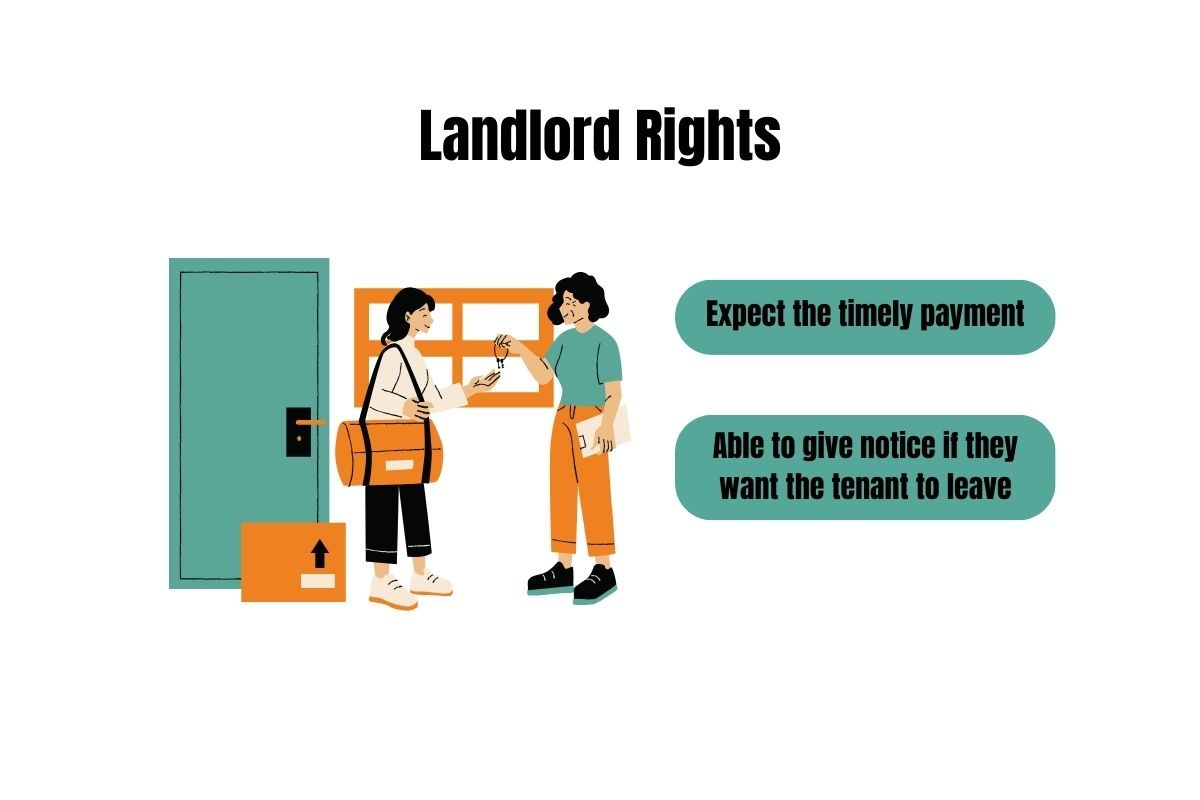
Landlords also benefit from certain rights. They can expect the timely payment of rent and tenants to respect the property.
Another right is being able to give notice if they want the tenant to leave, provided they follow the notice period specified in the lease. In Italy, this is typically six months for long-term leases.
Landlord Responsibilities
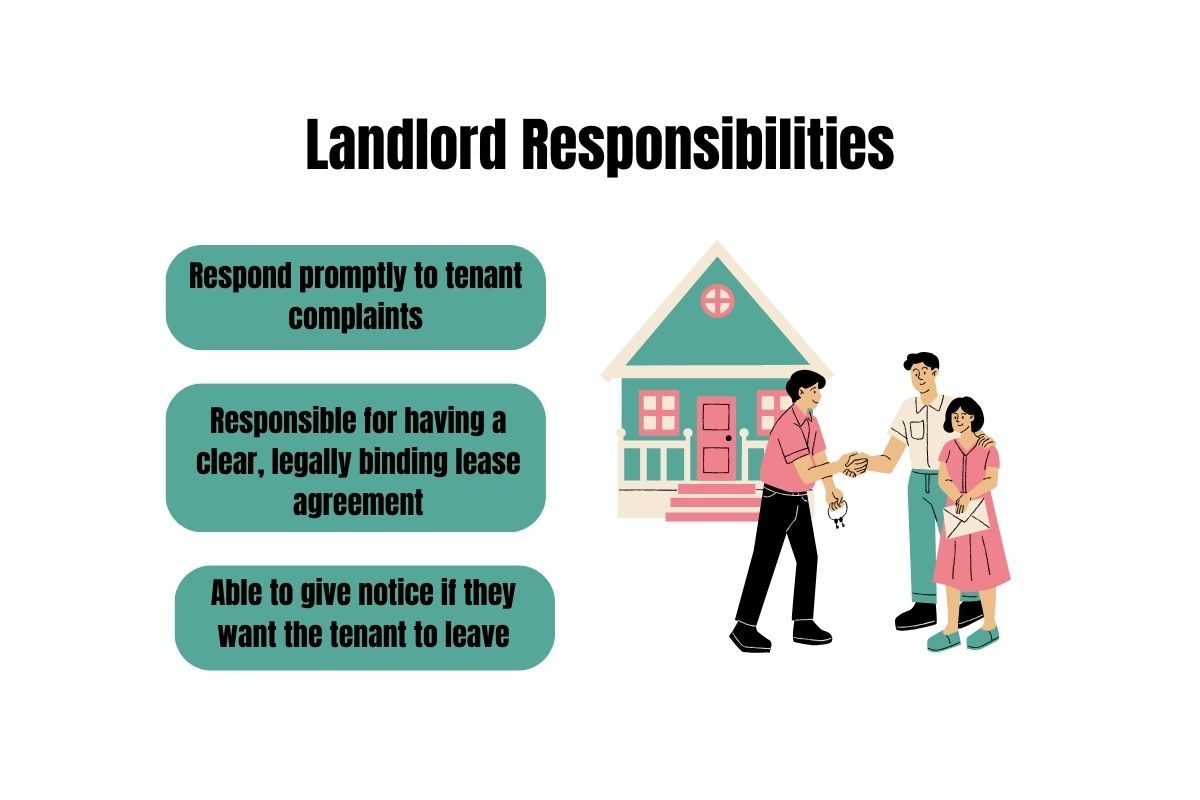
Landlords must ensure the villa is safe and habitable. This includes major repairs, like fixing plumbing or electrical issues.
They also need to respond promptly to tenant complaints. If a problem arises, like a leaky roof, it’s the landlord’s responsibility to fix it.
They are also responsible for having a clear, legally binding lease agreement, which protects both parties from misunderstandings and legal issues.
Security Deposits and Rental Rates
When renting a villa in Italy, security deposits and rental rates are key elements to consider. The landlord usually requires the security deposit at the start of the rental period. It acts as a safeguard for the landlord in case of damages or unpaid rent.
Typically, the deposit equals 2-3 months of rent. For example, if the monthly rent is €1,500, you might need to pay a deposit of €3,000 – €4,500. Make sure this is mentioned in your lease agreement.
Here’s a tip: Always get a receipt for your deposit. Taking pictures of the villa when you move in is also a good idea. This protects you from unfair claims when you move out.
Rental Rates
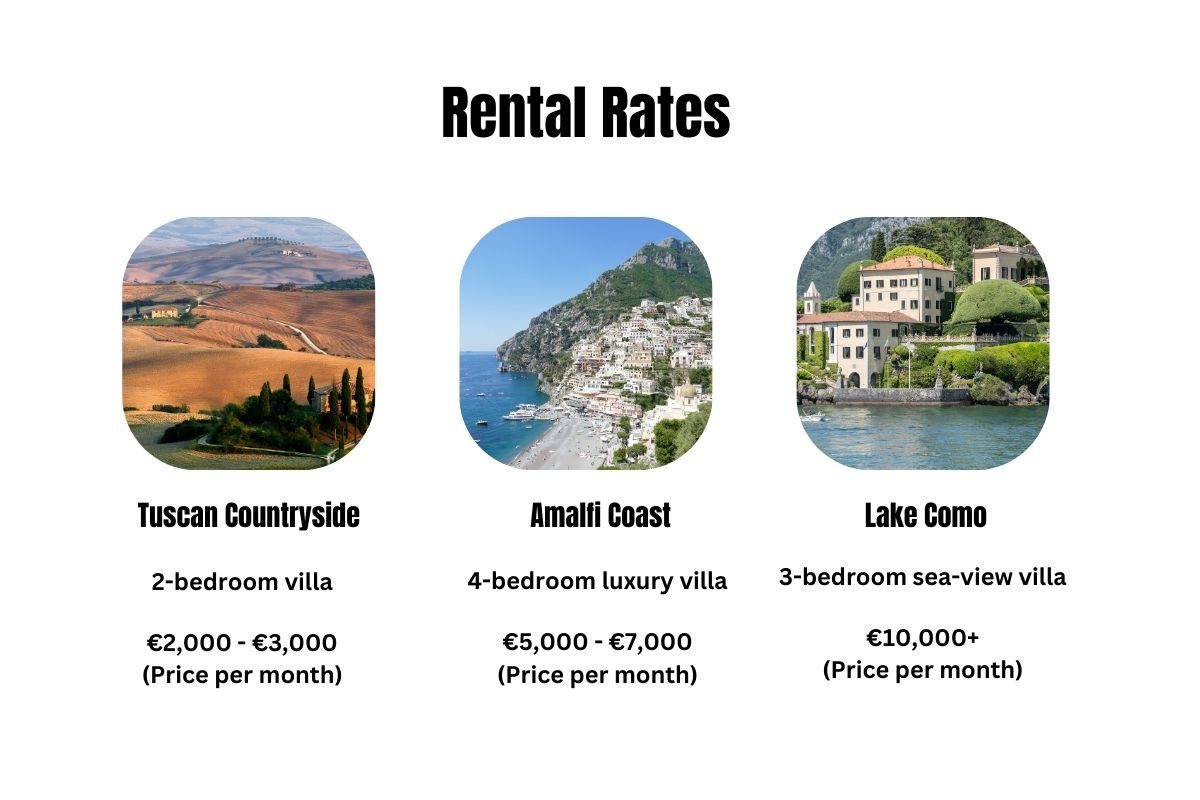
Rental rates can vary widely based on the villa’s location, size, and amenities. Luxury villas with pools and stunning views will cost more. Here are some examples to illustrate:
| Villa Type | Location | Price (per month) |
|---|---|---|
| 2-bedroom villa | Tuscan countryside | €2,000 – €3,000 |
| 3-bedroom sea-view villa | Amalfi Coast | €5,000 – €7,000 |
| 4-bedroom luxury villa | Lake Como | €10,000+ |
Keep in mind, besides the rent, there are often additional costs like utilities and cleaning fees. Don’t forget to ask about these extra charges so you’re not surprised later.
In the Italian rental market, rental rates can be negotiated, especially if you plan to stay long-term. And it’s always worth trying to get a better deal, so don’t hesitate to negotiate. You might save a significant amount!
See Related: Villa Vacations for Groups: How to Plan a Group Stay
Minimum Stay Regulations

When renting villas in Italy, you must know the minimum stay regulations. These rules can affect your travel plans, so it’s important to know them in advance.
In many Italian cities, laws require a minimum stay for short-term rentals. For example, some areas require a minimum stay of 2 nights. This is especially common in regions experiencing a housing crisis.
Florence, with its breathtaking architecture and UNESCO World Heritage sites, recently introduced a new bylaw. This regulation applies to all new short-term rentals of residential properties in the historic city center.
Remember that these rules are designed to balance the needs of tourists and local residents. Cities like Florence want to ensure that locals still have access to housing, even as tourism grows.
The Italian government has also introduced measures to regulate short-term rentals. These laws may vary by city, so checking local regulations before booking your villa is a good idea.
Fines can be steep if you don’t comply. In 2024, penalties for not following short-term rental laws in Italy start at €2,000 and can go up to €10,000. Always double-check your rental agreement to ensure it meets local requirements.
Occupancy Limits and Guest Policies
When renting a villa in Italy, it’s essential to know occupancy limits and guest policies. These rules ensure a pleasant stay for everyone and help maintain the property’s luxury features.
Occupancy Limits
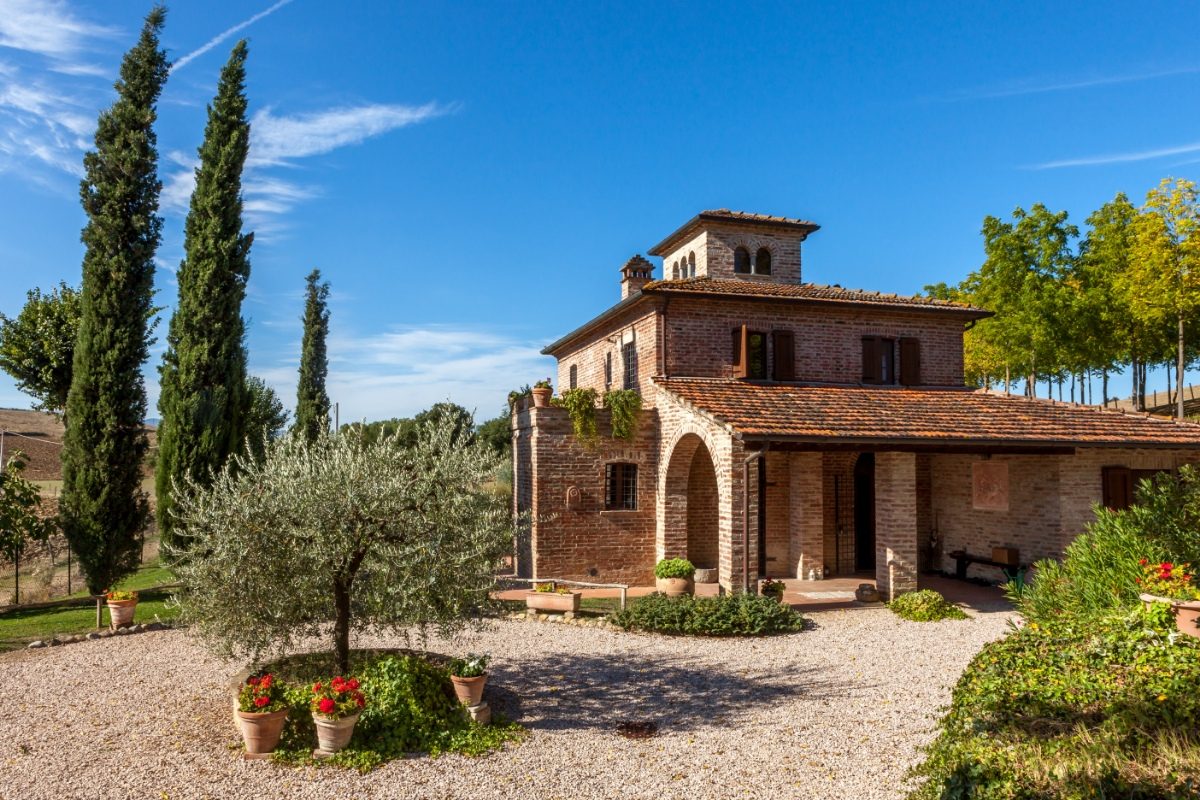
Most villas have specific occupancy limits based on the number of bedrooms and facilities available. For example, a three-bedroom villa might comfortably accommodate up to six guests. Exceeding these limits can lead to extra charges or even cancellation of the rental agreement.
Guest Policies

Guest policies vary by property, but there are some common rules you will find:
- Registration: All guests must be registered with the villa management or owner. This is often a legal requirement in Italy.
- Overnight Guests: Some properties have strict rules about unregistered overnight guests. If you plan to have additional visitors, inform the host.
- Noise Levels: Respect the quiet hours, usually around 10 PM, to avoid disturbing neighbors.
Rental Agreement
Before you book, carefully read the rental agreement. It will outline all the occupancy and guest policies. If you have any questions, it’s best to clarify them with the owner or rental agency.
Maintenance and Repairs

When renting a villa in Italy, you should be familiar with maintenance and repairs. Understanding who is responsible for what can save you lots of headaches.
As a tenant, you are usually responsible for minor maintenance. This might include tasks like changing light bulbs, minor plumbing issues, and general upkeep. The law often defines minor maintenance as any cost up to 75 euros. Think of it as the little stuff that keeps your place cozy.
On the landlord’s side, they are mostly in charge of major repairs. This includes structural problems, major plumbing issues, and electrical work. If the villa’s roof leaks or there’s a serious problem with the heating system, the landlord should handle it.
To make things clear, check your rental agreement. It should clearly spell out what’s expected of both parties. Here’s a simple breakdown:
| Party | Responsibility |
|---|---|
| Tenant | Minor maintenance (up to 75 euros), general upkeep |
| Landlord | Major repairs (structural, plumbing, electrical), property condition |
A well-maintained villa keeps you comfortable and adds to the luxurious experience of staying in Italy. Trust me, you don’t want to deal with a leaky faucet on your vacation!
Remember to keep a good line of communication with your landlord. Reporting issues early can prevent them from becoming major problems later. If you’re unsure, don’t hesitate to ask your landlord whose responsibility it is for a particular repair.
Termination and Renewal of Rental Agreements
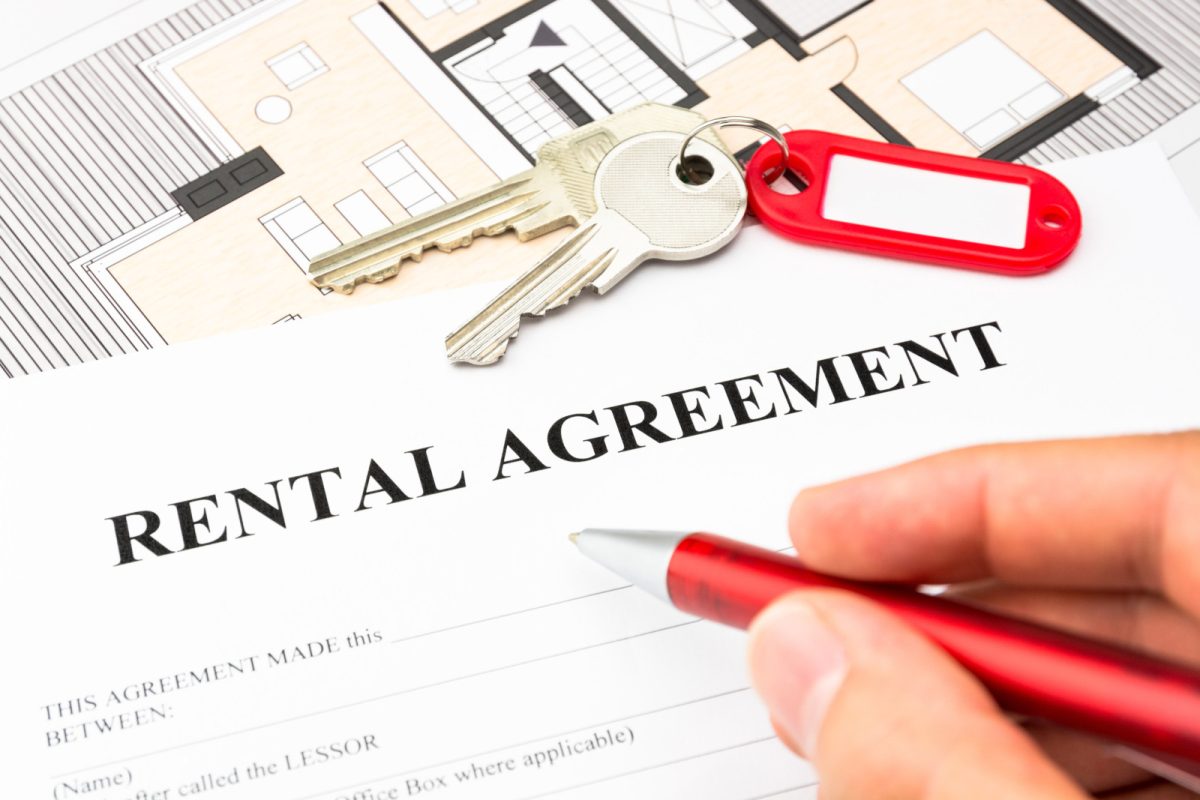
Navigating the ins and outs of villa rental agreements in Italy can be tricky. Whether you’re a tenant or landlord, understanding how to terminate or renew a lease is crucial.
Notice periods are key when it comes to termination. As a tenant, you usually must provide a written notice to your landlord at least six months before leaving. For landlords, the notice periods can vary:
- Residential use: 6 months
- Commercial use: 12-18 months
These rules ensure that both parties have ample time to make alternate arrangements.
Another critical aspect is the renewal process. Most rental contracts in Italy have a fixed term, often around four years, with an option to renew for another four. Renewing your lease usually involves negotiating terms, including the new rent amount and any changes in conditions. Remember to get everything in writing to avoid misunderstandings later.
Important Points to Consider:
- Registration Tax: A small tax applicable at registration, ensuring the contract is recognized legally.
- Contact Details: Names, codice fiscale (tax code), property address, and whether it’s furnished should be clearly stated.
- Subletting Terms: Ensure you understand the subletting terms set out in the contract, as these can vary.
Lastly, always pay attention to the condition of the property. Both tenants and landlords are responsible for maintaining the villa. Knowing your rights and duties helps in ensuring a smooth rental experience.
Dispute Resolution Procedures

Disputes can arise when renting a villa in Italy. Understanding the procedures can make a huge difference.
For starters, you have the option of mediation. This is a less formal and faster way to solve conflicts. Mediators help both parties find a fair solution. It’s like having a referee at a game, ensuring everyone plays fair.
Sometimes, though, mediation might not work. If that’s the case, you might need to go to court. Now, this isn’t a quick route. Italian courts can be slow, especially with tenant evictions. An eviction can often be delayed for months, particularly if the tenant is elderly or unemployed.
Arbitration is another option. In this process, an arbitrator, like a private judge, listens to both sides and decides. It’s faster than court but still official and binding.
| Procedure | Speed | Formality | Binding |
|---|---|---|---|
| Mediation | Fast | Informal | No |
| Court | Slow | Formal | Yes |
| Arbitration | Moderate | Semi-formal | Yes |
You have rights as a tenant. The villa must be in good condition, and your privacy should be respected. You have rights as a landlord, too. The tenant should follow the rental agreement rules.
When a dispute arises, always keep a record of all communications. It might come in handy.
And if things get complicated, don’t hesitate to seek legal advice. Legal experts are there to guide you through the maze of Italian rental laws.
See Related: Ultimate Guide to Eco-Friendly Villas in Italy: Embracing Sustainability
Resources for Additional Information

Finding reliable resources can make your villa rental experience in Italy much smoother. Here are some key places to get help, advice, and information.
For official regulations, the Agenzia delle Entrate website is a treasure trove. They have specific sections on rental contracts, taxes, and registration details. While navigating the site, remember that most pages are in Italian, so you might need a translator tool.
If you’re new to Italian rental laws, HousingAnywhere offers a user-friendly guide on tenant rights. It’s a great place to start if you’re overwhelmed by legal jargon. They break down complex rules into easy-to-understand language.
Considering a short-term stay? Check out the guidelines on short-term rentals. These rentals don’t need to be registered with the tax agency, saving you some paperwork headaches. Their guide on registration taxes and duties can clarify any doubts you have.
Getting legal advice? Visit a local real estate agency. Many agents in tourist-heavy areas speak English and can offer personalized guidance. They often know the ins and outs of local laws and can point you to trusted local resources.
Online forums like Expat.com and Just Landed can be lifesavers. Many expats share their personal experiences and tips about renting villas in Italy. Plus, you can ask questions and get real-time responses from people in your shoes.
Finally, if you prefer face-to-face interactions, head to the nearest InfoPoint. These tourist information centers are scattered across Italy and can provide you with printed resources and direct assistance. They’re usually staffed with friendly folks ready to help.
Frequently Asked Questions
When renting a villa in Italy, there are several legal steps and tenant rights you should know about.
What are the required legal steps for foreigners to rent a villa in Italy?
First, find a real estate agent who speaks your language and knows Italian rental laws. Next, both you and the landlord need to sign a rental contract.
Ensure the contract includes your name, the landlord’s name, the property address, and the rental duration. Lastly, you might also need a codice fiscale (tax code) necessary for legal transactions in Italy.
What tenant rights are established under Italian rental law?
In Italy, rental laws are usually on the tenant’s side. You can live in the villa without the landlord disturbing you.
The landlord is responsible for major repairs, while you should handle minor maintenance. You also have the right to a safe and habitable property, so if there are problems like broken heating or plumbing, the landlord must fix them.
How does the eviction process for rental properties in Italy work?
Evictions in Italy are not a simple process and usually require a court order. If a tenant fails to pay rent or breaches the contract terms, the landlord can start eviction proceedings.
The entire process can take several months. It involves legal steps like sending a formal eviction notice and appearing in court. Consulting a lawyer can be very helpful if you are in this situation.


0 Comment